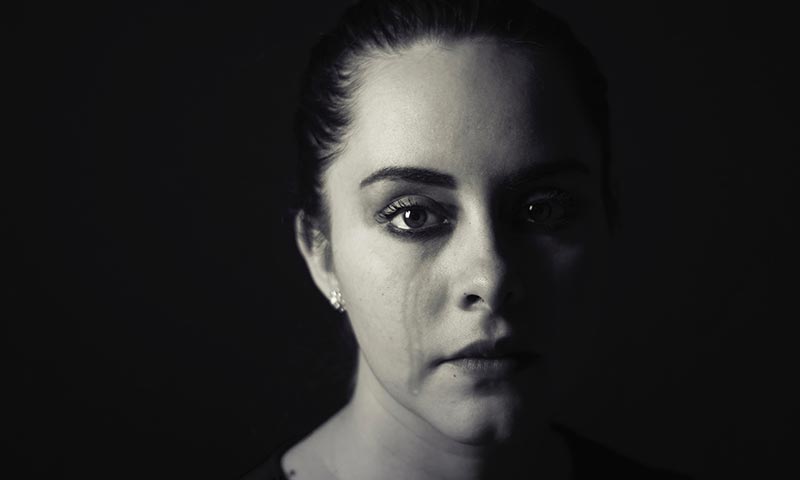 Domestic violence can happen to anyone regardless of their gender, sexual identity, race, age, culture, ethnicity, religion, abilities, geographic location, immigration status, or socioeconomic status.
Domestic violence can happen to anyone regardless of their gender, sexual identity, race, age, culture, ethnicity, religion, abilities, geographic location, immigration status, or socioeconomic status.
Abuse occurs when one person in a relationship attempts to dominate and control the other person. Usually, the control begins with psychological or emotional abuse, then escalates to physical abuse.
Being abused can leave you scared and confused. You may find it hard to see your partner’s actions for what they really are.
What is Domestic Violence?
Domestic violence affects people in all walks of life.
An abused person may be
- Any age
- Any profession — physician, teacher, factory worker, lawyer, counselor, pastor, etc. — or unemployed
- A member of any religious group
- Any gender
- Married, separated, or living with a companion
- Any sexual orientation
- Any socio-economic status
- A member of any culture
Domestic violence is the use of a variety of tactics to maintain power and control over a victim in the context of a relationship.
Tactics of Domestic Violence
- Threats and coercion
- Intimidation
- Emotional abuse
- Isolation
- Minimizing, denying, and blaming
- Involving children
- Economic abuse
- Privilege
Each domestic violence situation is different. You know your situation and your abuser better than anyone else does. Use that knowledge to protect and help yourself.
Harbor House is here to help you and your children.
24-Hour Hotline: 815-932-5800
If you are in an emergency situation, call 911 and request police assistance.
Signs of Domestic Violence
Here are some signs that you may be in a domestic violence situation. If another person...
- Controls what you’re doing
- Checks your phone, email, or social media without your permission
- Puts a tracking app on your phone and stalks you
- Criticizes you about things
- Destroys your possessions
- Threatens to hurt you, your children, other loved ones, your pets, or your possessions
- Hurts you physically (hitting, beating, punching, pushing, kicking, etc.), including with a weapon
- Yells at you
- Controls money and financial decisions
- Keeps you from working outside the home
- Isolates you from family and friends
- Humiliates you on purpose in front of others
- Locks you out of the house or uses technology or electronics to keep you inside the house
- Stops you from eating, sleeping, or getting medical care
- Forces you to have sex
If you answered yes to any of the above questions you may be in an unhealthy or abusive relationship.
Remember:
Domestic violence includes teen dating violence.
Harbor House is here to help you and your children.
24-Hour Hotline: 815-932-5800
If you are in an emergency situation, call 911 and request police assistance.
Reasons Victims of Domestic Violence Don’t Seek Help
- Feeling too embarrassed
- Too risky or dangerous for the victim and the victim’s children to escape
- Fear of retaliation from the abuser
- Disbelief from friends, family members, co-workers, neighbors, and others who know the abuser
- Loss of income, insurance coverage, possessions, relationships, etc. and change in lifestyle
- Lack of self-confidence and inability to think clearly because of the abuse
- Lack of financial resources
- The system has failed them in the past
- Thinking that the situation may change if the victim changes
- Hope that the abuser will change

